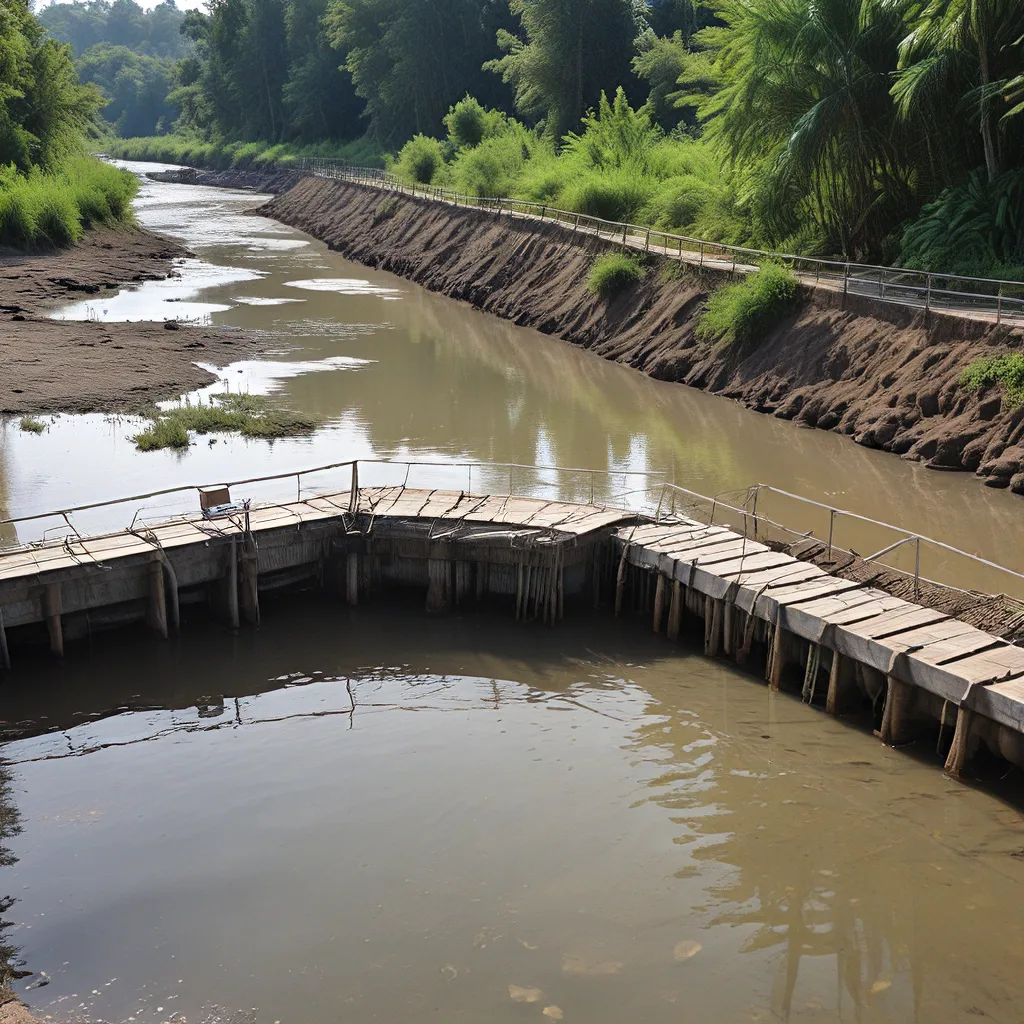
As I sit by the pool, sipping my fresh, crystal-clear cocktail, it’s hard to believe that just a few miles away, the local community is struggling with a severe water crisis. But that’s the reality we face in many of our world’s most popular tourist destinations. Water scarcity is a growing global challenge, and it’s time we address it head-on.
The Stark Reality of Water Scarcity
According to the European Commission, most of Europe has adequate water resources, but water scarcity and droughts are becoming increasingly frequent and widespread. In some regions, the severity and frequency of droughts can lead to dire water scarcity situations. This issue is only expected to worsen as temperatures continue to rise due to climate change.
Water scarcity is a complex problem that goes beyond just a lack of rainfall. It’s a “seasonal, annual or multi-annual water stress condition” where water demand frequently exceeds the sustainable supply capacity of the natural system in river basins. This can also be exacerbated by water quality issues, such as pollution, which reduces the availability of clean water.
Droughts, on the other hand, are temporary decreases in average water availability, often due to insufficient rainfall. These natural phenomena can occur anywhere in Europe, in both high and low rainfall areas, and in any season. The impact of droughts can be amplified when they occur in regions with low water resources or where water resources are not being properly managed.
Sustainable Tourism and Water Scarcity: A Delicate Balance
The tourism industry plays a significant role in the global water crisis, particularly in popular destinations where water resources are already strained. Research has shown that in areas like the Caribbean, the water demands of the tourism sector can exacerbate water scarcity issues, putting further strain on local communities.
As an industry, we have a responsibility to address this challenge head-on. After all, our success is directly tied to the availability of clean, abundant water resources. Without sustainable water management strategies, the future of tourism in many regions is at risk.
Innovative Wastewater Treatment: The Key to Sustainable Tourism
One of the most promising solutions to the water scarcity challenge is the implementation of innovative wastewater treatment technologies. Alpha Wastewater, a leading provider of advanced wastewater treatment solutions, has been at the forefront of this effort, helping tourism-dependent communities around the world mitigate the impact of water scarcity.
By leveraging cutting-edge techniques like membrane bioreactors, reverse osmosis, and advanced oxidation processes, Alpha Wastewater’s systems are able to effectively treat and recycle wastewater, transforming it into a valuable resource. This reclaimed water can then be used for irrigation, industrial processes, and even potable (drinking) purposes, reducing the strain on already-scarce freshwater supplies.
But the benefits of these innovative wastewater treatment solutions go far beyond just water conservation. They also play a crucial role in preserving the delicate ecosystems that are the foundation of many thriving tourist destinations. By removing harmful pollutants and contaminants from wastewater, these systems help to protect the local environment, ensuring that the natural beauty that draws visitors to these areas remains intact.
Partnering for a Sustainable Future
Addressing the challenges of water scarcity in the tourism industry requires a collaborative approach. As the Jordanian government has demonstrated, successful strategies often involve partnerships between the public and private sectors, as well as with local communities.
By working closely with municipal authorities, tourism operators, and environmental organizations, companies like Alpha Wastewater are able to develop customized solutions that meet the unique needs of each destination. This holistic approach ensures that the benefits of sustainable wastewater management are felt throughout the entire ecosystem, from the hotels and resorts to the local residents and the natural environment.
The Future of Sustainable Tourism: A Hopeful Outlook
As I sit by the pool, sipping my cocktail, I can’t help but feel a sense of optimism about the future of sustainable tourism. With the continued development and implementation of innovative wastewater treatment technologies, I believe we can find a way to preserve the natural beauty and resources that make these destinations so special, while also ensuring that the local communities have access to the clean water they need to thrive.
It’s a delicate balance, to be sure, but one that is essential if we want to protect the long-term viability of the tourism industry and the communities it serves. By working together, we can create a future where sustainable tourism and water scarcity are no longer at odds, but rather, two sides of the same coin – a coin that represents a more prosperous, resilient, and environmentally-conscious world for all.